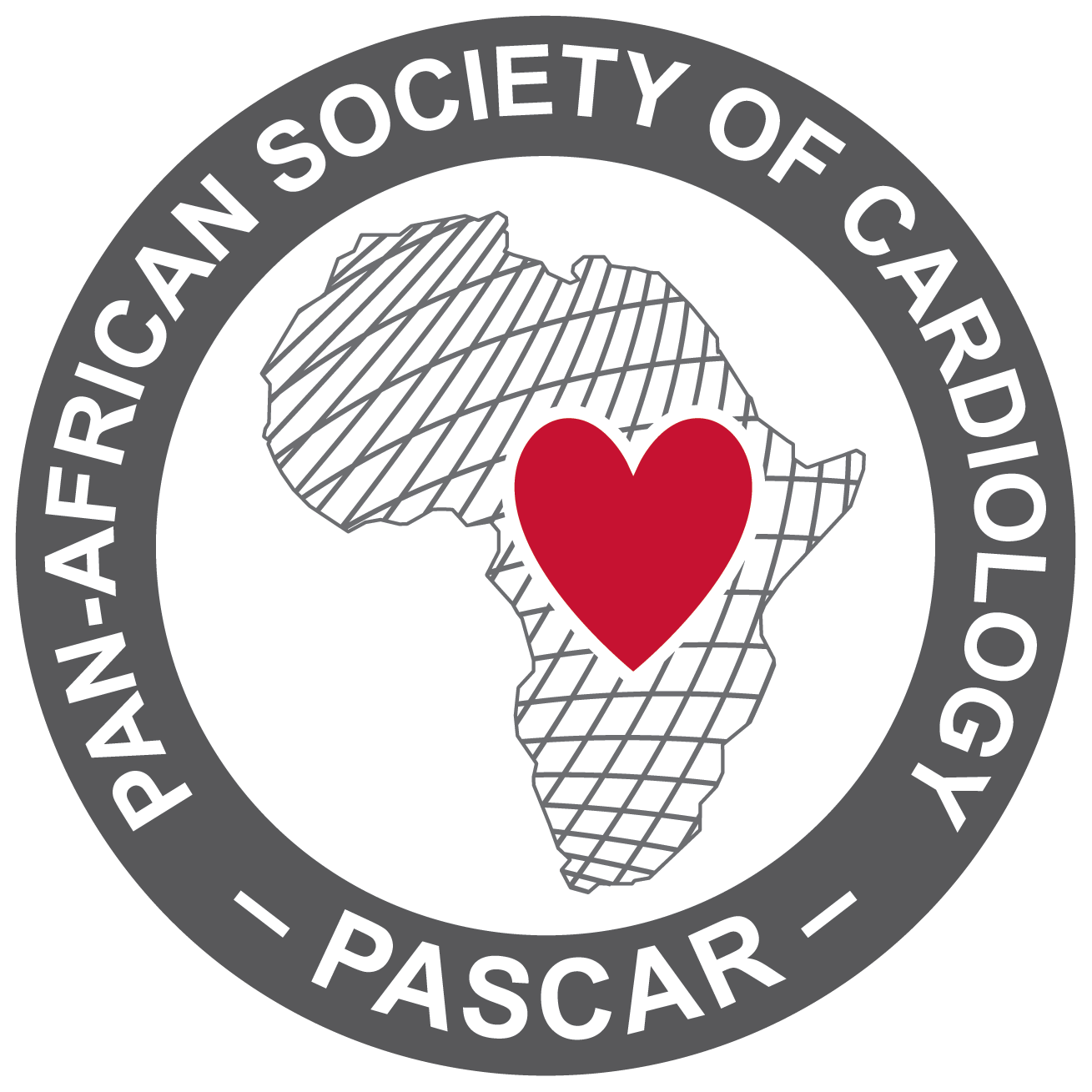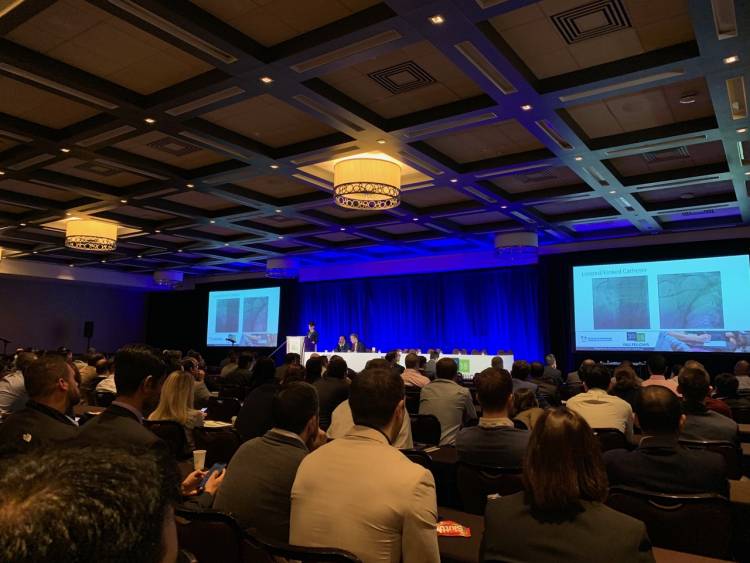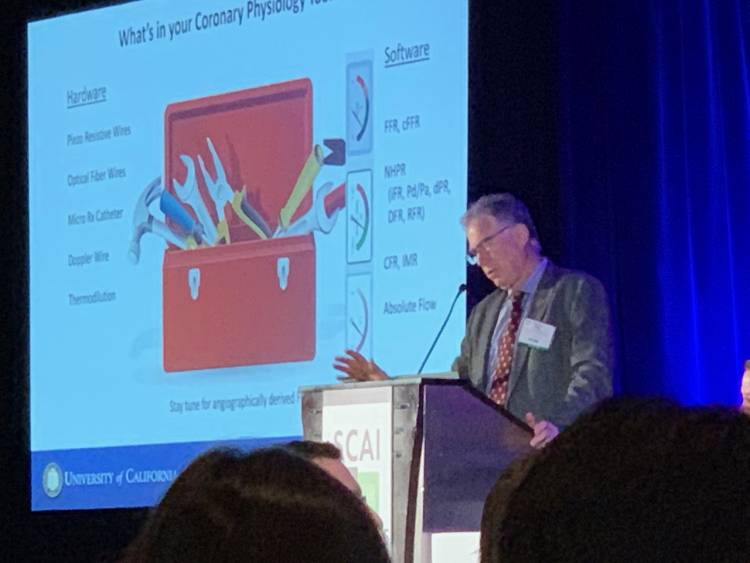SCAI Fall Fellows Course 2018 | Feedback from attendee: Dr Chishala Chishala from Groote Schuur Hospital
SCAI Fall Fellows Course 2018 | Feedback from attendee: Dr Chishala Chishala from Groote Schuur Hospital
I had the privilege and honour of attending the SCAI Fall Fellows Course 2018 (adult interventional cardiology) at the Cosmopolitan of Las Vegas from 7 to 10 December 2018.
It was a stimulating and engaging environment that allowed interaction among fellows and faculty from different countries and continents.
On day 1, there was a session on large bore access, with a hands-on session on echo-guided arterial access as well as arterial closure using closure devices. While I know the concepts theoretically, it was an interesting practical learning experience – given the very limited exposure I have to these techniques at my institution and, I hope to build on this after my formal cardiology training.
I particularly enjoyed the breakfast session on day 2 about modernised PCI with OCT. It had a practical approach that enhanced my understanding of the utility of OCT and how I can use it in my institution. This was complemented by Dr Arnold Seto’s talk (day 3) on OCT and IVUS – this provided me with a practical approach to making decisions about purposefully dealing with calcified lesions with atherectomy prior to stenting. I learnt of the difference between rotational atherectomy and orbital atherectomy – which I did not know about and the hands-on session further demystified these procedures for me. These certainly are skills I hope to use in my lab post qualification.
I was struck by how different cath-lab practices vary between South Africa and the United States of America (USA). Virtually every coronary intervention case presented by the USA fellows had an adjunctive right heart study – which we rarely do for our intervention cases, and additionally, every case with even a remote potential of haemodynamic compromise had Impella support – which is not available in South Africa.
Even though we do not get practical TAVI training as fellows in South Africa, it was an interesting learning experience to be part of the TAVI sessions. I was able to understand the pre-TAVI workup and the information that I would need to provide to a heart team when presenting a patient to be considered for possible TAVI. Watching Dr James McCabe present the Basilica technique of dealing with reduced coronary height during TAVI was fascinating as I had never heard or seen the technique.
Dr EmmanouilBrilakis spoke passionately about CTO PCI, guidewires and management of complications. While I am not at the stage where I can do CTO PCI, the information on classification of guidewires helped me understand the wires in my lab and what they can be used for. His session on complications gave me insights into how I can go about dealing with a complication or at very least ‘buy time’ before definitive help arrives.
The anatomy session with Dr John Lasala was helpful in reminding of important anatomical concepts that need to be remembered for invasive procedures and I quite like his way of conducting the heart dissection.
Perhaps the only criticism I have is that little to no effort was made to make international fellows feel included in the program. The physiology and haemodynamics sessions singled out USA fellows and directed all the proceedings of the session towards them.



